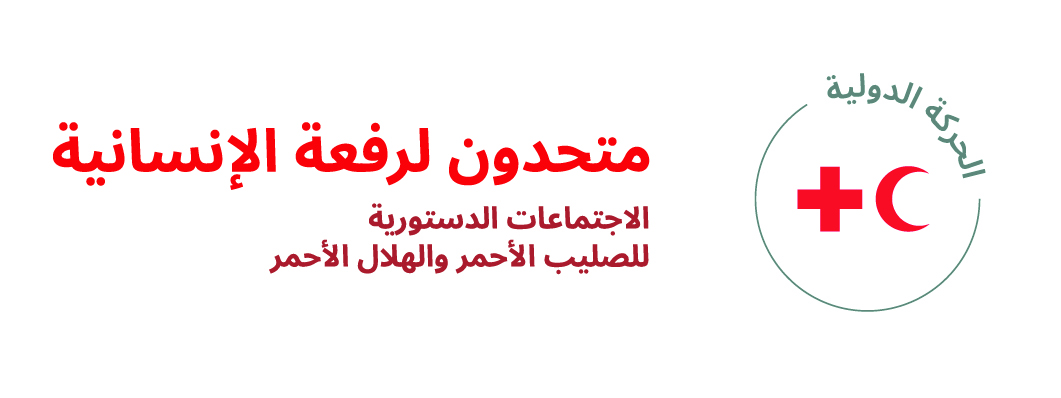الإجراءات المتخذة:
The UK continues to lead on ending sexual violence in conflict. Over 17,000 Military and Police trained on sexual violence issues, over 85 deployments of the Team of Experts, £40m in UK funding committed so far.
As the Prime Minister’s Special Representative, the then FCO Minister of State Baroness Anelay built on PSVI’s achievements, by encouraging further training on the International Protocol on the Documentation and Investigation of Sexual Violence in Conflict, promoting UK military expertise on sexual violence issues and providing further support to affected communities. In June 2017 Lord Ahmad was appointed by the Prime Minister as the new PMSR and will endeavor to continue this work.
In 2016 Baroness Anelay visited a number of conflict and post-conflict countries, including Colombia, Burma and Sri Lanka, to promote PSVI and encourage greater progress in its implementation. Baroness Anelay also announced that our PSVI focus over the coming years will be on tackling the stigma associated with sexual violence in conflict.
The UK government will host an international meeting in 2019 to review commitments made at the 2014 Summit and encourage further international action and commitment. The 2019 meeting will focus on what further action is needed to end sexual violence in conflict including how we can further support survivors and tackle the stigma and negative attitudes associated with sexual violence.
The #Endstigma campaign:
Survivors of sexual violence in conflict are often ostracized from their communities, shunned by their families, denied justice and cut off from critical support networks. To help address this issue, in 2016/17 we have increased our work to tackle the stigma associated with sexual violence and to challenge the negative attitudes and misunderstandings that cause further suffering to survivors and children born as a result of rape.
Throughout the year (2016) we held a series of workshops in countries including Burma, Colombia, Iraq, Kosovo, Nepal, Nigeria, Rwanda, Somalia, Sri Lanka and Uganda which brought together survivors, experts, local governments, civil society, media and faith groups to identify and understand some of the issues associated with and challenges to tackling stigma. These findings were subsequently discussed at a UK conference hosted by Baroness Anelay in November 2016.
The report and the conference outcomes will contribute to the development of a set of principles and recommendations that will help inform the work of other donor governments and the international community in this area. Further in-country workshops will take place throughout 2017. Lord Ahmad will launch the Principles for Global Action at the United Nations General Assembly in September 2017.
In 2016 we also provided financial support to projects to tackle stigma in Colombia, Mexico, Nepal, Nigeria, Somalia, the DRC, South Sudan and Uganda. These projects have helped identify the political, social and economic consequences of the stigma that survivors and victims of sexual violence suffer. They have also contributed to combating stigma by working with faith leaders, community members and youth groups to change attitudes, improve response systems and prevent stigmatisation.
Revising the International Protocol on the Documentation and Investigation of Sexual Violence in Conflict
Since launching the International Protocol at the Global Summit to End Sexual Violence in Conflict in 2014, we have worked with governments, the judiciary, police and civil society in countries such as Bosnia and Herzegovina, Colombia, DRC, Iraq, Nepal and Uganda to provide training on the International Protocol, to help them gather evidence and bring prosecutions against perpetrators of sexual violence. By boosting the capacity of States to prosecute offenders and offer justice to victims and encouraging human rights defenders and grass roots organisations to press for specific changes to domestic legislation, the International Protocol is making a real and practical difference to the fight against impunity and tackling sexual violence in conflict.
The International Protocol was always intended to be a living document, to be updated as best practice evolved and in light of the feedback we received on its use. In 2016 we launched this revision process and a second version of the International Protocol is now available online. Translations into ten languages will be ready by summer 2017.
The revised version contains a number of additions, including guidance on the specific context, challenges and techniques required for interviewing and documenting conflict and atrocity-related sexual violence against children and against male victims; further guidance on trauma; and a focus on analysing evidence and establishing patterns of violations.
Examples of our work
-
- We have supported the NGOs ‘TRIAL’ and ‘Medica Zenica’ in their legal work with survivors in Bosnia and Herzegovina. In June 2014, TRIAL secured a landmark ruling. A former soldier was sentenced to over eight years in prison and ordered to pay more than £10,000 to the woman he raped in 1993. In August, the Cantonal Court in Zenica, granted ‘civil war victim’ status to a male survivor (supported by Medica Zenica) for the first time.
-
- Helped with the mapping of legislation in Iraq to identify barriers to holding perpetrators of sexual violence to account and determining how these can be addressed.
-
- Supported the training of health professionals and human rights defenders in Syria in collecting and preserving evidence of human rights abuses, including sexual violence, for future prosecutions.
-
- Assisted a project in Colombia to create a network of women survivors of sexual violence and support professionals across five regions (Putumayo, Nariño, Bolívar, Cesar and Meta). The network provides assistance to survivors seeking justice and promoting their leadership in prevention programs.
-
- Funded a Tearfund initiative in DRC to support survivors of sexual violence. Through this project, more than 200 survivors have come forward to receive counselling, and 75 faith leaders have received training responding to sexual violence and the needs of survivors



